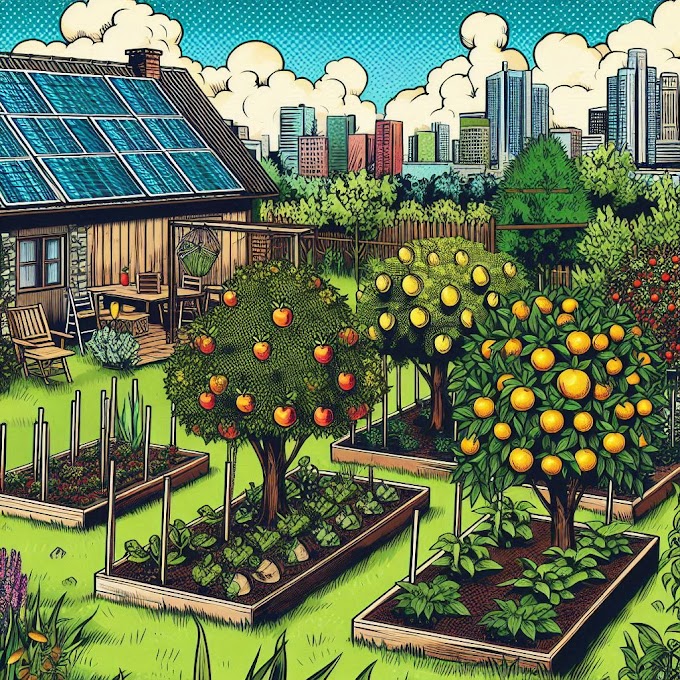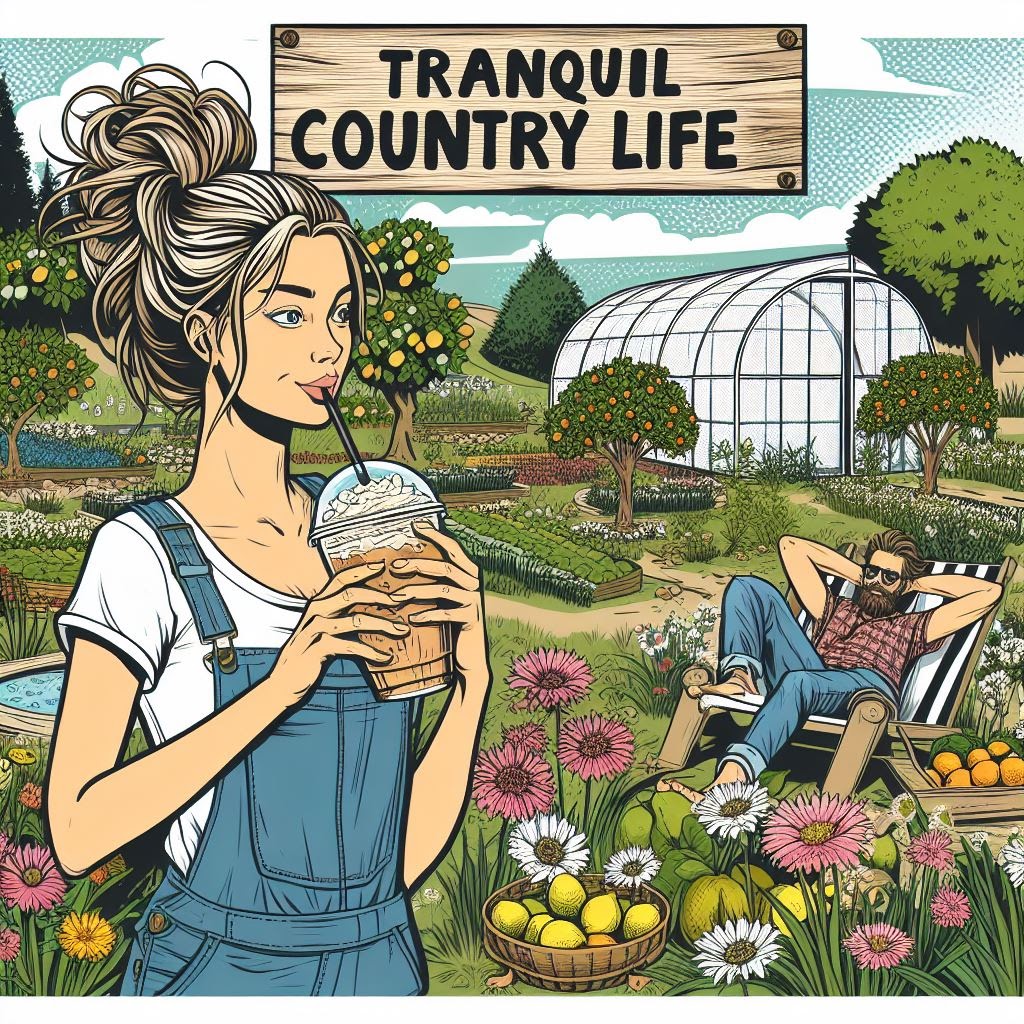Beans: The Protein Powerhouse of Your Survival Garden
Beans are a survival garden staple that shouldn’t be overlooked. Not only are they easy to grow and store, but they also provide a critical source of plant-based protein, fiber, and essential nutrients. Beans thrive in a variety of environments, making them a must-have crop for any survival garden.
Why Grow Beans?
Protein-Rich: Beans are one of the best plant-based sources of protein, making them essential for a balanced diet in survival situations.
High Yield: Beans are productive and can be grown in large quantities, making them ideal for self-sufficiency.
Soil Enrichment: Beans are nitrogen fixers, which means they help replenish soil nutrients, improving soil health for future crops.
When to Plant Beans
Warm-Season Crop: Beans need warm soil to thrive. Plant them once the danger of frost has passed and the soil temperature is consistently above 60°F (15°C).
Planting Timeframe: Depending on the variety, beans typically take anywhere from 50 to 100 days to mature.
Where to Grow Beans
Location: Beans prefer full sun, so choose a sunny spot in your garden with at least 6-8 hours of direct sunlight per day.
Soil: Beans grow best in well-drained soil with a pH level between 6.0 and 7.0. If the soil is too compacted, add organic matter to improve drainage and aeration.
How to Grow Beans
1. Planting Seeds:
Beans can be sown directly into the ground. Plant seeds 1-2 inches deep, spaced 2-4 inches apart, depending on the variety. Rows should be about 18-36 inches apart, depending on the bean type.
2. Watering:
Beans are drought-tolerant but need regular watering during the early stages of growth. Avoid over-watering, as beans don’t like soggy soil.
3. Supporting Growth:
Pole beans need support structures like trellises or stakes to grow vertically. Bush beans are more compact and don’t require support.
4. Fertilizing:
Beans generally don’t need much fertilization due to their ability to fix nitrogen in the soil. However, if your soil is particularly poor, use a balanced organic fertilizer.
Benefits of Beans in a Survival Garden
High Yield and Storage: Beans are prolific producers and can be stored for long periods without refrigeration. They are perfect for long-term food security.
Rich in Nutrients: In addition to protein, beans are high in fiber, iron, potassium, and various vitamins, providing essential nutrition.
Easy to Store: Beans can be dried and stored for months or even years, making them an excellent long-term survival food.
Culinary Uses For Beans
Canned or Dried: Beans can be cooked from dried or canned. Use them in soups, stews, salads, chili, or as a side dish.
Bean Sprouts: Beans like mung beans can be sprouted for added nutrition in salads and sandwiches.
Mash or Puree: Beans can be mashed into dips, spreads, or used as a base for veggie burgers.
Bean Flour: Dry beans can be ground into flour to make gluten-free bread, pancakes, or muffins.
Growing Tips
Rotate Crops: Since beans are nitrogen fixers, rotate them with other crops to maintain soil health and avoid pests.
Mulch: Mulch around beans to keep soil moist and prevent weeds.
Pest Control: Beans can attract aphids and other pests. Keep an eye on them and use natural methods like neem oil or companion planting to deter insects.
Early Harvest for Fresh Beans: For fresh beans, harvest them when they’re tender. For dried beans, allow the pods to dry fully on the plant before harvesting.
Harvesting and Storing Beans
1. Harvesting Fresh Beans:
Harvest beans when they are fully mature and the pods are firm. Fresh beans can be eaten immediately, but they also freeze well for later use.
2. Harvesting Dried Beans:
Allow the beans to fully mature on the vine, then pick the pods and let them dry completely before shelling.
3. Storing Beans:
Store dried beans in airtight containers in a cool, dark place. Beans can last for up to a year if stored properly.
Why Beans Are Essential in Survival Gardens
Beans are an incredibly versatile and valuable addition to a survival garden. They provide vital protein and other nutrients that are often hard to obtain from other garden crops, especially in a long-term survival scenario. Whether you're growing them for immediate fresh use or storing them for later, beans offer a high yield and ease of storage, making them a key player in ensuring your food security. Plus, their ability to fix nitrogen in the soil ensures that your garden will stay healthy for seasons to come.












